
News

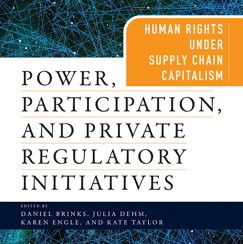
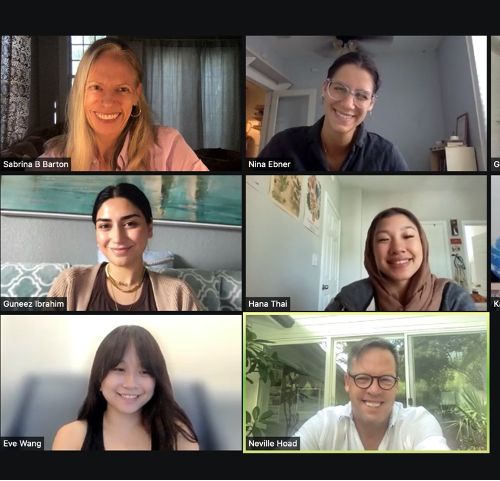

Postdoctoral Fellow Mishal Khan publishes chapter in new book on the histories of racial capitalism
Source: Columbia University Press

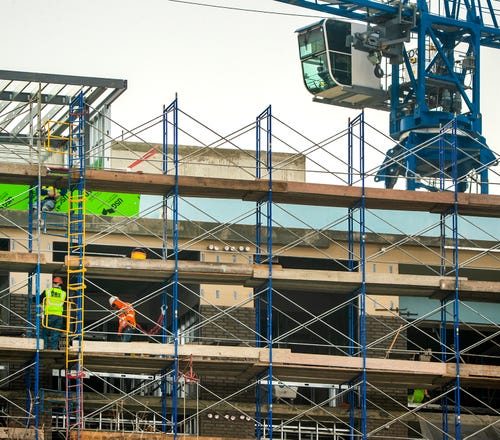
UT study: Politics put Texas construction workers at risk early in outbreak
Source: Austin American-Statesman
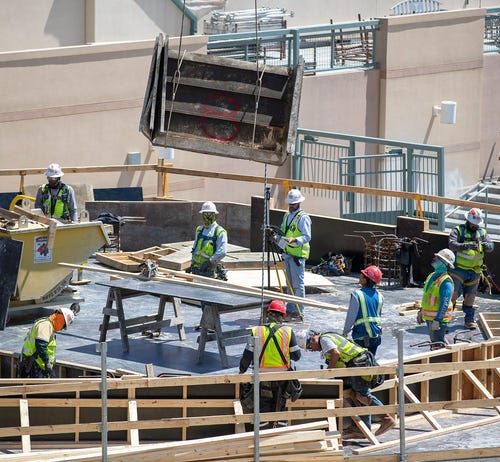
Opinion: Worker exploitation in Texas’ throwaway culture
Source: Austin American-Statesman
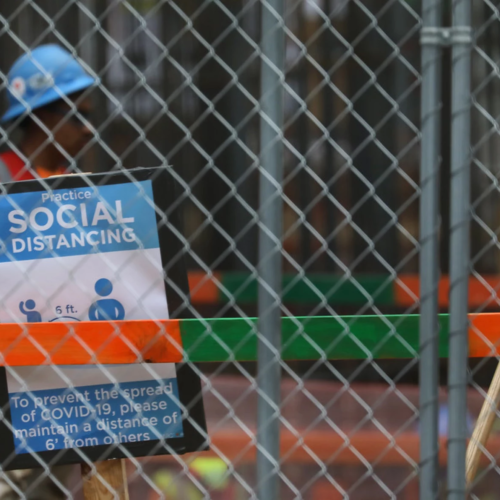
Austin’s Latino Construction Workers Have Been Pummeled By COVID. Researchers Say Economic Policies, Rapid Growth Are To Blame.
Source: KUT, Austin's NPR Station
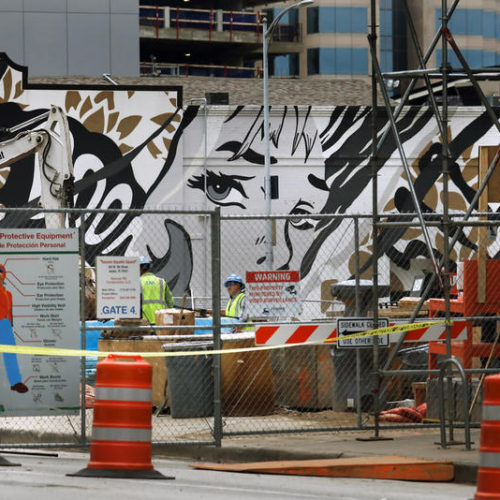
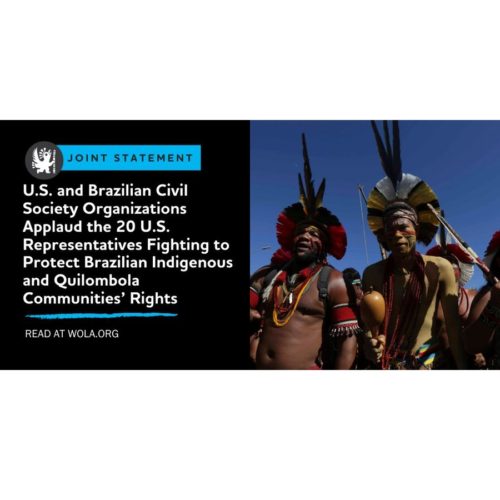
Joint Statement: U.S. and Brazilian Civil Society Organizations Applaud the 20 U.S. Representatives Fighting to Protect Brazilian Indigenous and Quilombola Communities’ Rights
Source: Washington Office on Latin America (WOLA)

